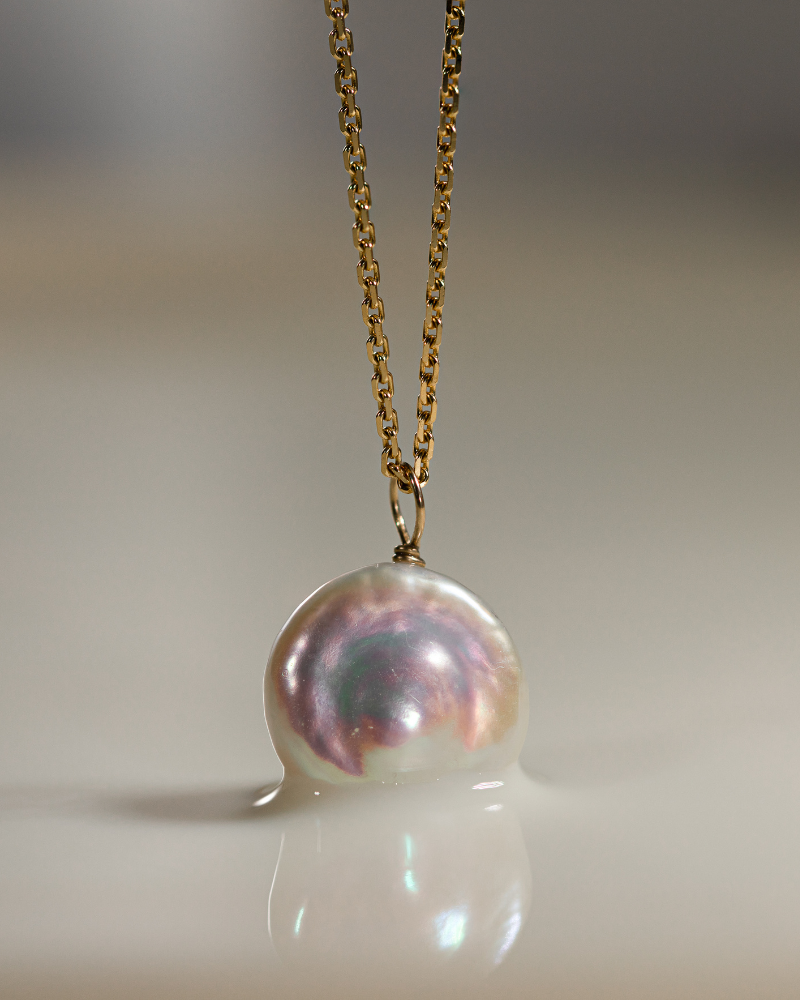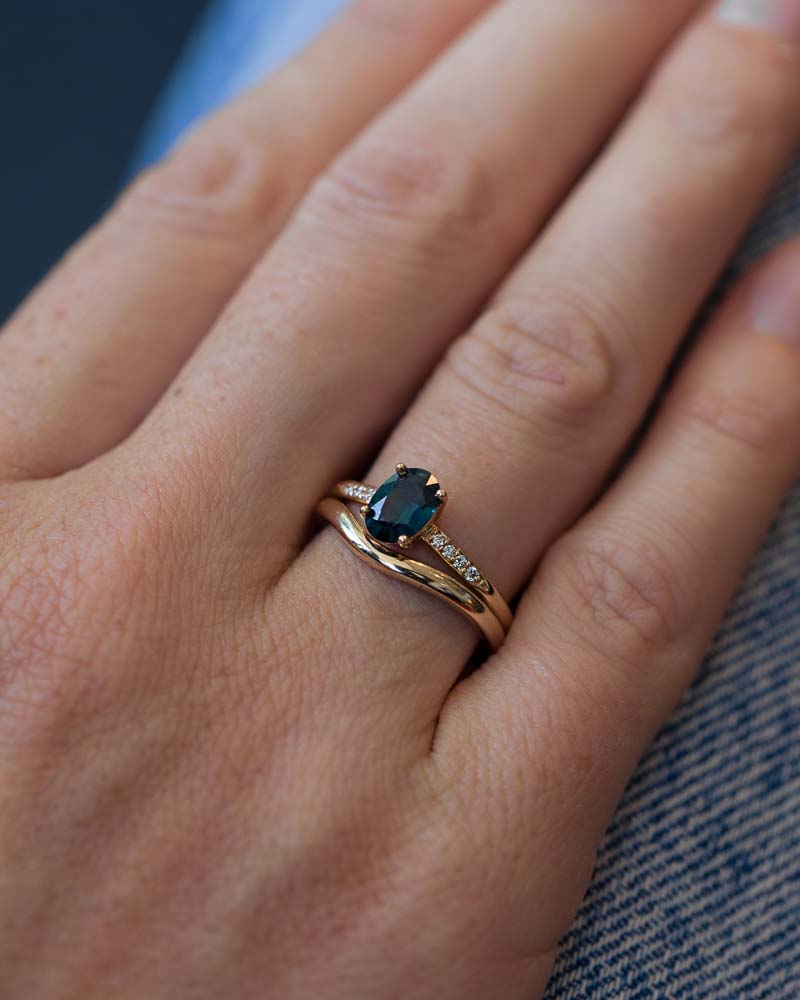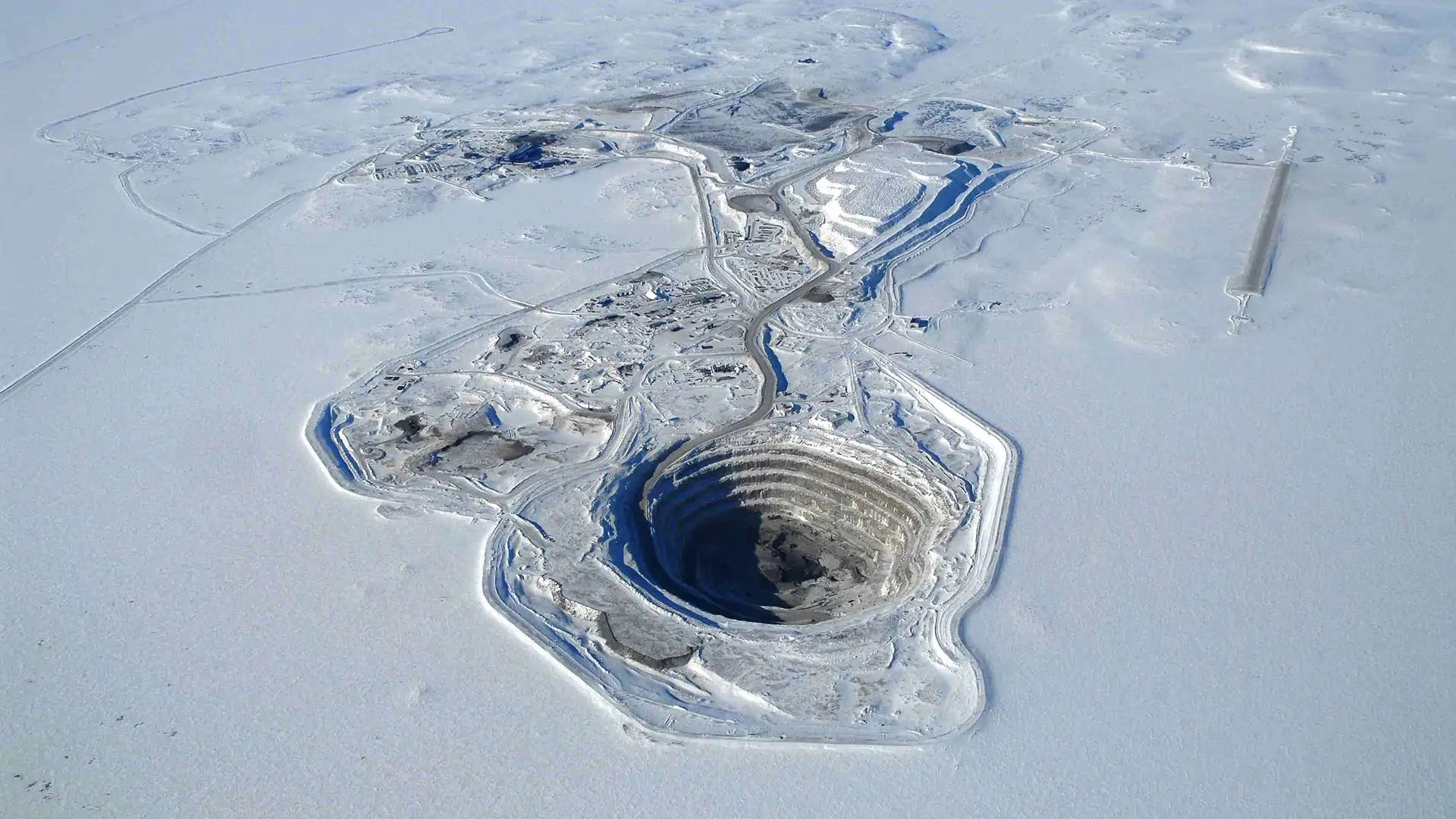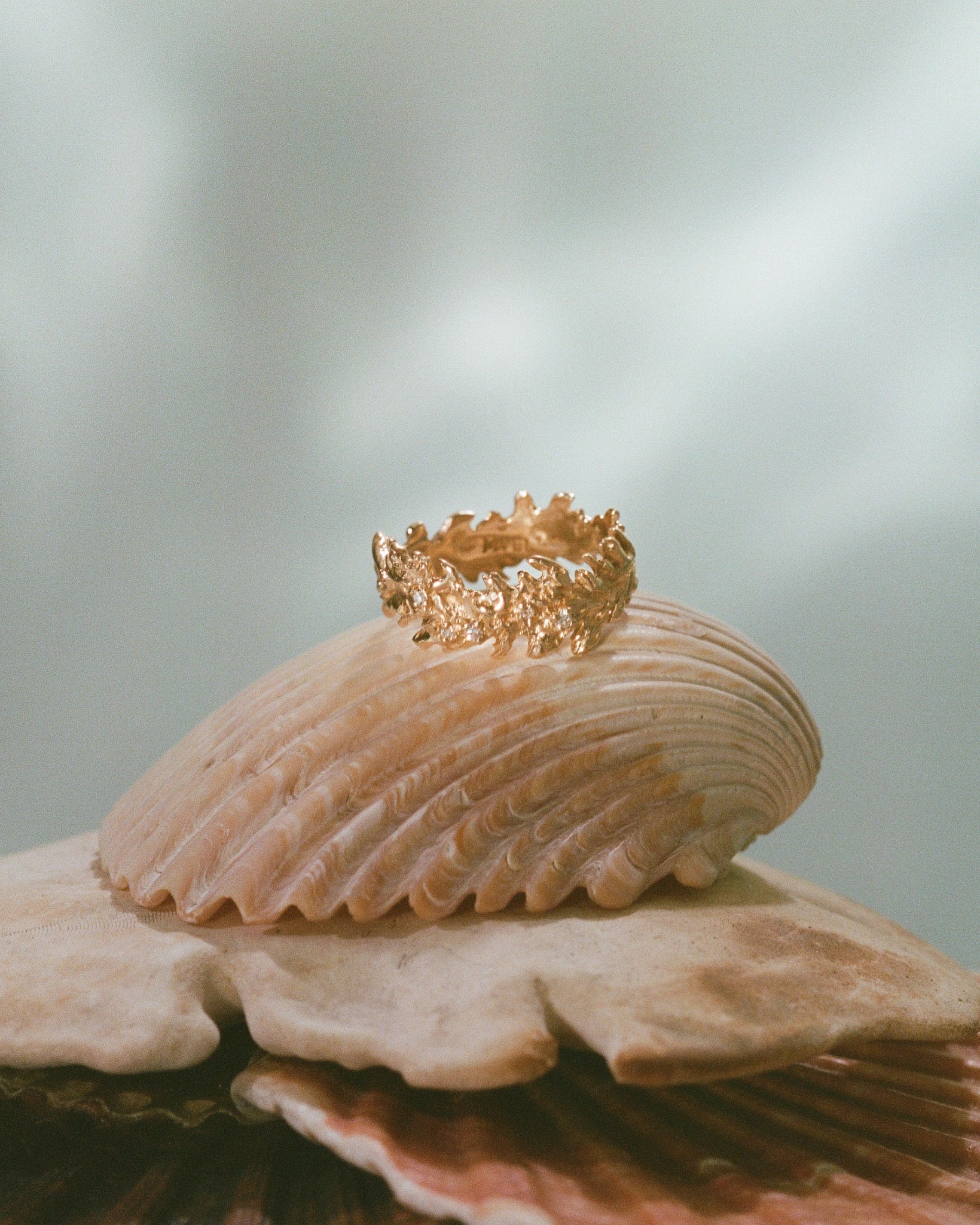The pearl, a true gem of nature

Pearls are the oldest known gems in the world, and have been considered the most precious for centuries. Many stories and myths are linked to these waterlife gems : they were divine drops for the Indians, symbols of royalty for others, medicines in some Chinese cultures or love filters for the romantic minds. Today, pearls are still very popular in jewelry and are often associated with wedding jewelry because of their dreamy white tint and pearly reflections.
1. Where and how are pearls formed?
Traditionally, pearls are formed in oysters, which are found in salt water, i.e. seas and oceans, or in mussels from fresh water such as lakes or rivers. Both molluscs are able to produce their own shells to isolate their soft bodies from the surrounding danger.
Triggered by a foreign body infiltrating their shell, oysters and mussels will start a self-protection process by surrounding the intruder with several layers. This layered small ball of nacre will later form the pearl: this is the phenomenon of nucleation.
This natural process has been developed by men, more precisely in Asia: men manually introduce an irritant into the mollusc which then triggers the nucleation process that will form a pearl. Which is what we call pearl farming.
Pearl farming has spread widely around the world. Among the most famous today are Akoya pearls from Japan, freshwater cultured pearls - mainly from China, Tahitian pearls and cultured pearls from the Philippines.
2. What is the difference between freshwater pearls and saltwater pearls?
While a single mussel can produce up to 40 pearls, the oyster only produces a maximum of 5. Indeed, mussels produce several pearls at a time in 8 months to 5 years while oysters produce one pearl at a time, every 4 or 5 years. The freshwater pearl is therefore easier to cultivate and requires less living mollusc. However, they are often not perfectly spherical and more irregular than saltwater pearls.
This is because the foreign body inserted into the mollusc is an irregularly shaped piece in freshwater mussels, whereas a perfectly spherical bead is introduced in saltwater oysters.
These irregularities also explain why the cost of a freshwater pearl is generally more affordable than a saltwater pearl. Thanks to advances in pearl farming, man can now produce freshwater pearls that are perfectly round and have a shape similar to saltwater pearls.
Did you know that? Only Tahitian pearls are naturally dark in colour, generally gray without being truly black. These are the most expensive pearls.
3. How to determine the value of a pearl?
A pearl is not considered a precious stone or a fine stone. The aspects that will be examined to determine its value are mainly its luster, size, colour, surface and shape. The brighter, larger, whiter and more regular - i.e. perfectly round - the pearl, the higher the price. However, the colour of freshwater pearls has less of an impact on their price than for saltwater pearls. Pearls with an irregular shape are called baroque pearls and can totally be used to create real jewelry treasures, as you can discover in our Calypso earrings or Atlantis facetted pearl pendant.
How do pearls find their mysterious pearly tint? Their colour usually varies between white, silver or cream. It is still difficult to predict the exact colour of the pearl as it can depend on various precursor factors:
- the species of the mollusc
- the quality of the mother-of-pearl and particularly its thickness
- the environment in which the mussel or oyster lives
- the colour of the foreign body that is introduced
It is also possible to dye pearls naturally or chemically to obtain various shades and thus create colourful and more modern jewelry.
4. Pearls in jewelry
Pearls have always been appreciated in jewelry. Once reserved for a wealthy elite and mature women, the pearl necklace is known to be a timeless classic. Pearl jewelry has quickly been democratised and modernised and is now worn by a wide range of people. Necklaces made with pearls in more organic shapes are very popular. This is what MYEL offers with our Calypso necklace and its beautifully irregular and flat bead styling or with our Antinéa necklace and its pearls of different shapes and sizes.
All types of jewelry can be made with freshwater pearls: ear studs, rings, bracelets, necklaces - as you can discover throughout our different pearl collection.
Did you know that in 2022, beaded jewelry is THE trend of the year in men's fashion and has been seen many times at the famous fashion week shows? Harry Styles, Pharrell Williams and even A$AP Rocky are absolute fans...
5. Focus on the Tahitian pearls
Tahitian pearls - also known as pinctada margaritifera - are grown in the seas of Polynesia. They are generally black or gray with green and purple highlights, come in all sizes from 5mm to 22mm, and in all shapes, from perfectly round to pear-shaped to baroque. It takes an average of 5 years to create a Tahitian pearl and a pearl oyster can create only one pearl at a time! The depth of the lagoon and its environment will influence the growth and quality of the oysters that produce these coveted pearls. This is why from one pearl farm to another, the size, shape, color and luster of the pearls can vary greatly.
MYEL places great importance on the traceability of its raw materials and in the choice of its suppliers. Our Celeste collection, produced with 100% Fairmined certified ethical gold, is enhanced by sumptuous Tahitian pearls from a Polynesian farm called Collins Tahitian Pearls. This family farm works on a small scale and at the rhythm of nature, adapting to changes and bad weather to produce quality pearls while respecting its island paradise.
Did you know that Tahitian pearls do not come only from Tahiti but from all the islands and atolls of French Polynesia?
6. How do you care for your pearls?
Cleaning pearls is not complicated. Once every few weeks, simply wipe them with a soft cloth or a dry chamois. This will prevent dirt from accumulating and perspiration, which is slightly acidic, from eating away the nacre. Pearls should not be stored near a heating source or in a place that is too sunny. Jewelry pouches or cloth bags are ideal for storing pearls.
MYEL uses Tahitian pearls and freshwater pearls to make its jewelry. Discover the Sweet Pearls collection which contains a varied and modern selection of high end and ethical jewelry handcrafted locally in Montreal as well as the newest Celeste pieces, handmade with responsibly sourced materials.









